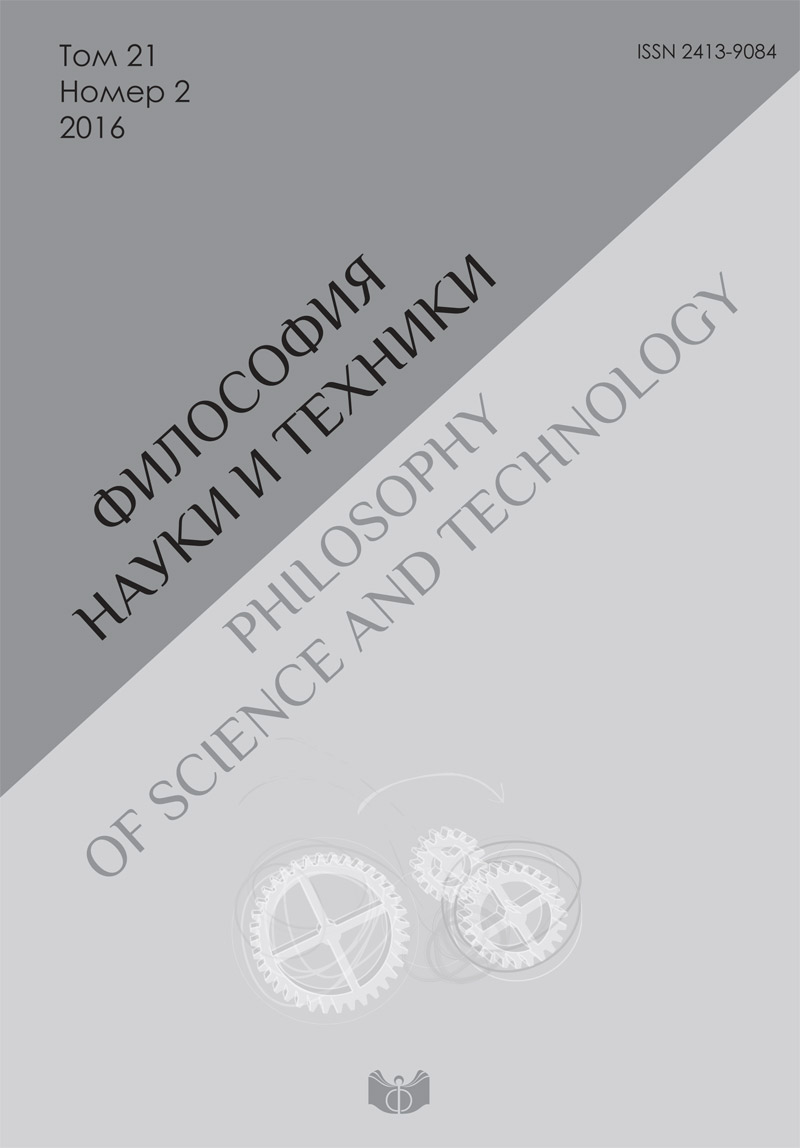Prediction, forecast, scenario: on question about diversity of prognostic research’s results
DOI:
https://doi.org/10.21146/2413-9084-2016-21-2-111-129Keywords:
forecasting, foresight, prediction, futurology, Futures studies, forecast, scenario forecast, futurological scenarioAbstract
The main problem that article focuses on is the analysis and classification of various forms of scientific prognostic activity and its results. The term “scientific prognostic activity” is proposed by author to integrate the diversity of ways of foreseeing, usually defined as scientific or pretended to be that. It’s shown that in the XX century there is an increased necessity for well-grounded, reliable foreknowledge of three types of events – natural and social as consequences of scientific and technological advance and, third, technological as related to content of technology progress – causes development of new interdisciplinary area of investigations – forecasting, according to the above differentiated primarily as natural, social and technological. Futurology was another area of investigations, arisen a little later for foreseeing technological and social perspectives and becoming today, as author argues, Futures studies. Forecasting and futurology differ in many aspects – besides object (any nature vs social, including foreseeing technological progress), in goals, in methods and therefore in results. But in fact results of both forecasting and futurology are often defined as forecasts, so there are several definitions of term “forecast” that we find in different works. Moreover sometimes forecasters and futurologists talk about their results as predictions. And there are no generally recognized criteria to distinguish results of forecasting and futurology, and also to distinguish forecast and prediction. Author considers several conceptions including N. Resher’s, K. Popper’s, I. Bestuzhev-Lada’s, W.J. Gonzalez’, A. Guillán Dopico’s, investigators of “Global Scenarios” and “Global Trends” projects’ points of view and shows in which aspects these conceptions conform with practice and in which they don’t. There is author’s own conception of three forms of scientific prognostic activity and thereafter three forms of its results, suggested to overcome drawbacks of other theory and classifications of foreseeing. According to it the prognostic activity may be realized as prediction (as procedure of deducing of predictions), forecasting and futurological investigation. The first form arose within the scope of classical natural science, concerns closed systems, therefore based on the universal knowledge and exhaustive information of initial conditions and relevant factors, realizing by calculation in mathematical or logical sense and gives descriptions of qualitatively, quantitatively, space and time specified events. When we need to foresee future state of an open system (natural or social), which future state is determined by many factors and critically depends on its values, we usually don’t have enough (and never exhaustive) information about its initial conditions, because 1) we don’t know precisely what factors will be relevant and what will be not, 2) we can’t reach absolute accuracy in estimation of such factors value. So it’s often possible only to produce probabilistic estimation of some parameters, define limit of variables and by mathematical computing, simulation and modeling produce description of system’s dynamics under defined conditions (the second form). A few of open systems demonstrate self-organizing behavior, that is why the principles of its functioning can change, so it is possible only to foresee by plausible reasoning and the construction of qualitative models (images) different ways of its development without knowledge of what will be realized. It is the third form of prognostic activity that may have both scientific and social journalistic (publicus) character. It’s shown that relation between these forms of prognostic activity is inclusion relation and prediction may transform into forecasting, and forecasting – into futurological investigation and inversely. In accordance with this classification of types of prognostic activities author distinguishes such results of it as prediction, forecast and futurological scenario, their characteristic and comparative analysis are given in the article.











